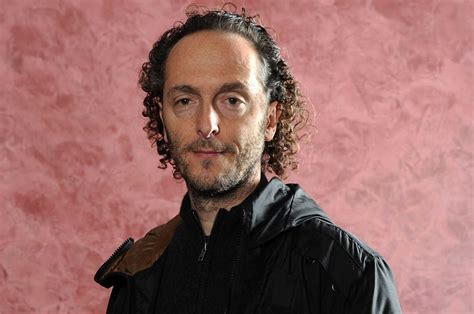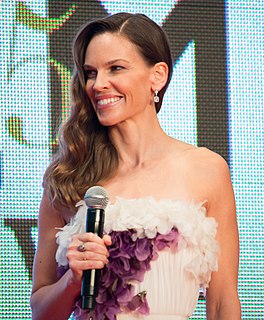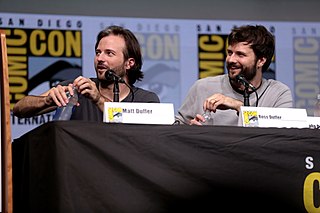A Quote by Jay Chandrasekhar
'Spinal Tap' is interesting because it created a genre of film and ended it - all in one motion. If you do a mockumentary, you are always going to be compared with that film, and you are never going to be as funny.
Related Quotes
I can understand that an audience, buying a ticket to see a picture of mine, wants to see something funny because they feel confident that at least I have a fighting chance to make a funny film when I make a film, whereas if I make a dramatic film there's one chance in a thousand that it's really going to come out great, so I understand how they feel about that and they're completely right.
The strength of film is its accessibility and immediacy. But the strength of books is that freedom to really depict anything you want because people are going to be reading it in private. So, I'm always trying to write with the immediacy and the constant motion of film but I'm also trying to write with the complete freedom of subject matter that books have.




































